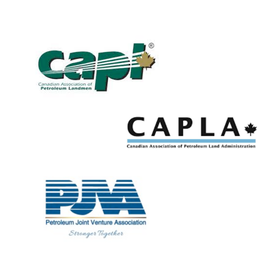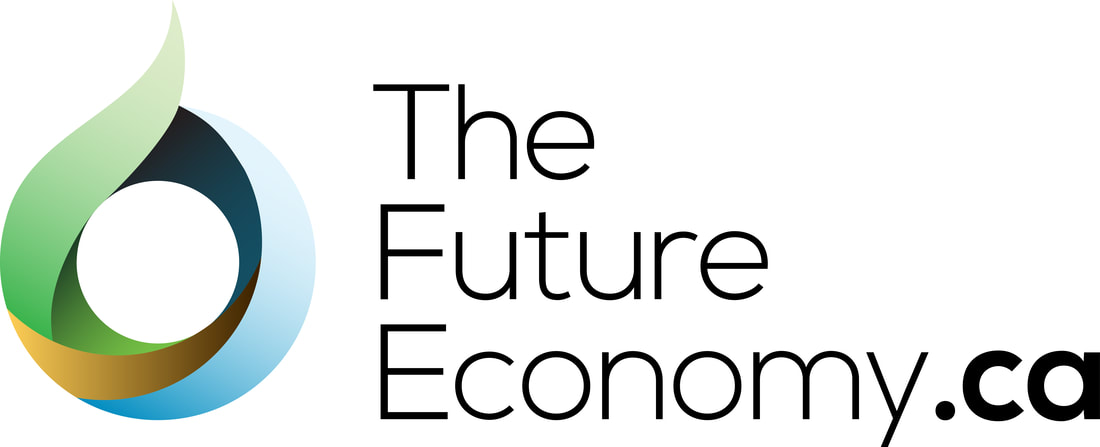|
On November 18th, 2021, CanGEA gave an introductory presentation on geothermal energy at the Energy Express Conference 2021.
Energy Express 2021 was hosted by three association, the Canadian Association of Petroleum Landmen, the Canadian Association of Petroleum Land Administration and the Petroleum Joint Venture and was attended by many industry professionals in North America. It exposed the benefits and potential applications of geothermal energy in the “New Developments and Opportunities” part of the program. The presentation was given by CanGEA Chair Alison Thompson and was dedicated to the late Dee Swafford, a landman Thompson worked with in the early part of her career in the US. Contact CanGEA for additional information on hosting a Geothermal 101 presentation.  Hello, My name is Evan Lintick. I have recently assumed the role of Director of Policy at the Canadian Geothermal Energy Association. Before CanGEA, I have worked several years within policy and governance, most recently as a Policy and Markets Analyst for the Alberta Wheat Commission and Alberta Barley. During that role, I was heavily engaged in advocacy for the organizations as well as policy development and analysis. In the short few weeks that I have been with CanGEA have been exciting and productive. I have assisted with the submission of several essential funding grants through the Federal Government and have helped to develop a comprehensive government relations strategy that will aid CanGEA in engaging further with all Federal, Provincial and Territorial governments. In the next couple weeks, we will be analyzing the upcoming Throne Speech closely and begin creating our budget 2022/2023 discussion paper immediately thereafter. I am elated to be joining the CanGEA team to help further establish CanGEA as an advocacy force at all levels of government and within the geothermal industry. Thank you very much, Evan Lintick Director of Policy On November 5th, 2021, at the COP26 in Glasgow, Scotland, Canada joined the United States, United Kingdom and 21 other countries in an historic deal to stop new direct public finance for coal, oil and gas development by the end of 2022 and shift investment to renewable energy.
Canadian Environment Minister Steven Guilbeault said in a news release: “Canada can lead in the low-carbon world if we keep putting our investments, innovations and brain power behind ambitious climate action,” Read more on EnergyNow.ca. The website TheFutureEconomy.ca is issuing a series of interviews that consists of “deep dives into the forces and industries shaping Canada’s future economy.” These include many conversations with the leaders of various aspects of the Canadian energy industry, including one with CanGEA Chair Alison Thompson. Another interview that pertains to the Canadian geothermal energy industry is Managing Director of Energy Futures Lab, Alison Cretney’s The Creative Middle Ground: Opening Space for our Energy Future.
To read the rest of the series, visit TheFutureEconomy.ca. CanGEA Chair, Alison Thompson, sat down to chat with Tim Penketh of TheFutureEconomy.ca about the benefits and potentials of geothermal energy in Canada. The video, We have more RENEWABLE energy than we need in Canada with Alison Thompson of Borealis GeoPower, will be on TheFutureEconomy.ca’s YouTube account. Click here to read a transcript of the interview. Clean Energy Canada referenced geothermal energy in the latest Clean Energy Review. It is excellent to see geothermal being discussed as one of the country’s great clean energies resources.
https://mailchi.mp/cleanenergycanada/32018-1863146 The Globe and Mail recently published "From black gold to hot water: Inside Western Canada’s geothermal push". The piece is an introduction to geothermal energy and some of the advantages and the troubles the industry faces in Western Canada. Experts interviewed include CanGEA Chair Alison Thompson, Saskatchewan Energy and Resources Minister Bronwyn Eyre and University of Calgary’s Dr. Sara Hastings-Simon.
You can read "From black gold to hot water: Inside Western Canada’s geothermal push" by Emma Graney on the Globe and Mail website. Learn more about geothermal energy here. Italian clean energy company and CanGEA member, Turboden, have officially opened their first branch in Canada.
Turboden is an Italian firm specializing in Organic Rankine Cycle, which can “generate electric and thermal power exploiting multiple sources, such as [geothermal energy]”[Turboden] Learn about Turboden on their website. Learn about all CanGEA members at the Member Directory CanGEA Chair Alison Thompson received the 2020 Centennial Leadership Award from APEGA and was celebrated at the 2021 Summit Virtual Gala on Thursday, Sept. 16, 2021. APEGA awards the Centennial Leadership Award to those who “have attained the highest distinction relating to engineering or geoscience through directorship of an outstanding project, original research or inventions, or an exemplary career in teaching.” [APEGA]
Read more on Alison and the Centennial Leadership Award at the Summit Awards website. The Future of Good published their #My2030 art collection. The #My2030 art collection aims to showcase a hopeful and equitable future, and displays projects in
The artwork is created by artist Loogart. Each artwork illustrates what resilient communities can look like post-pandemic and how they bring us closer to achieving the United Nations Sustainable Development Goals. The art collection featured CanGEA member Kitselas Geothermal's "Fuel for Reconciliation" project in SDG #13: Climate Action. Click here to view the artwork! |
Archives
September 2023
|





